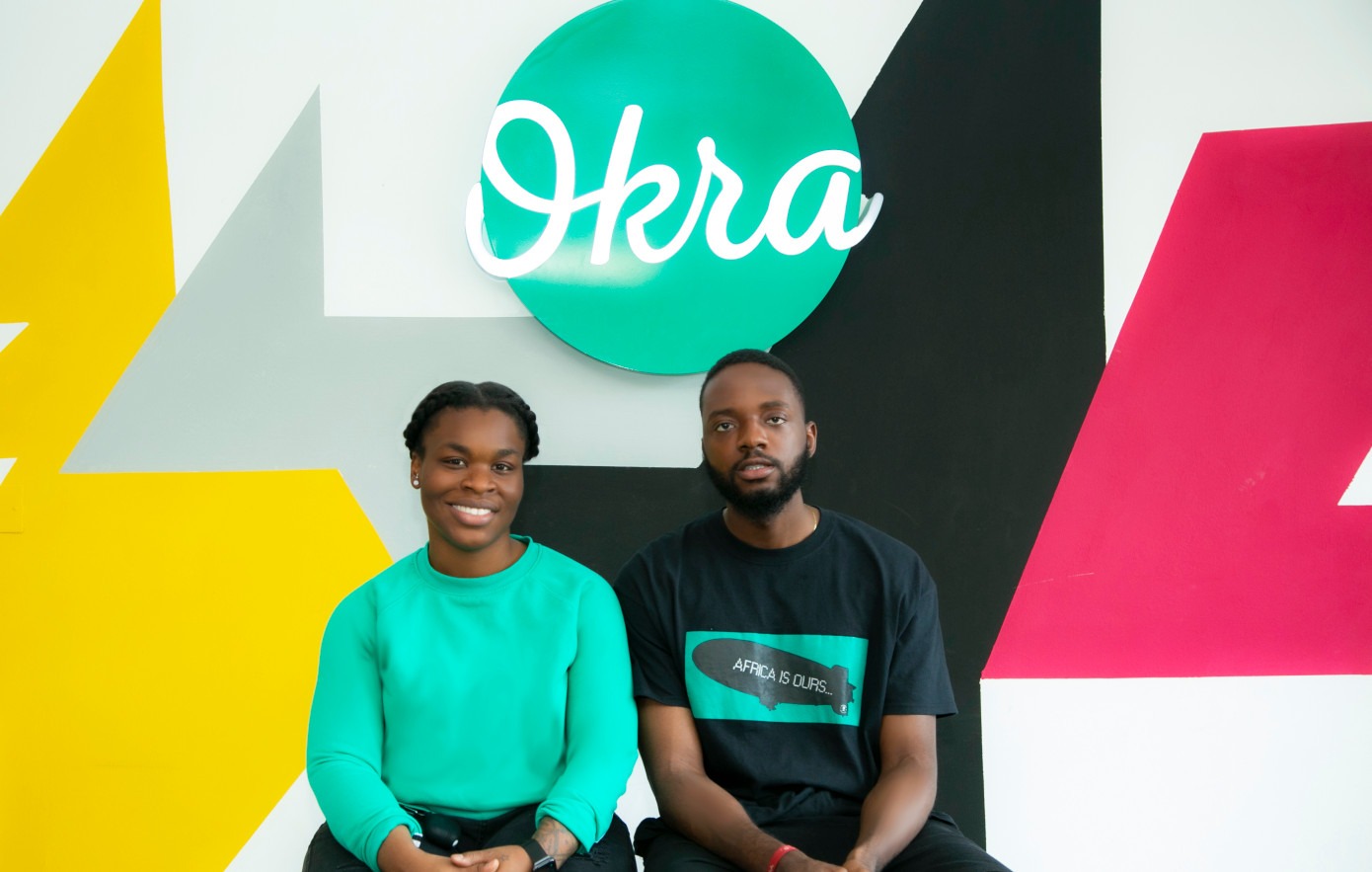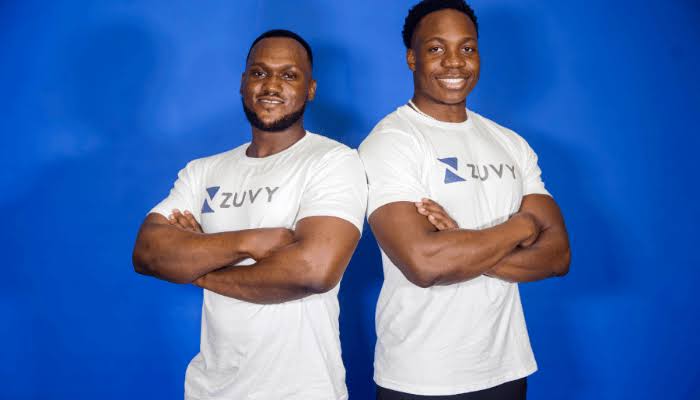Today, Nigeria’s API fintech Start-up, Okra the first to gain mainstream attention, is announcing that it has closed a seed round of $3.5 million. This was after it closed a $1 million pre-seed in 2020.
U.S.-based Susa Ventures led this latest tranche of investment. Other investors include TLcom Capital (the sole investor from its $1 million pre-seed round in 2020), newly joined Accenture Ventures, and some angel investors. In total, Okra has raised $4.5 million in two rounds and the company will use the investment to expand its data infrastructure across Nigeria.
Okra describes itself as an API “super-connector” that creates a secure portal and process to exchange real-time financial information between customers, applications and banks.
Okra was founded in June 2019 by Fara Ashiru Jituboh and David Peterside. Since its launch in January 2020, Okra has aggressively pushed by connecting to all banks in Nigeria and even claims to have a 99.9 percent guaranteed uptime.
Its business model provides integrations to developers and businesses into existing banking services and takes commissions off subsequent transactions. These integrations include accounts authorization, balance, identity, income, payments and transactions. Per partners (developers and businesses), they are well over 100 with some big names like Access Bank, Aella, Interswitch and uLesson.
Ashiru Jituboh tells TechCrunch that besides making APIs, Okra is in the business of selling “digital first-experiences and transformation”.
“We are building an open finance infrastructure that enables developers and businesses to offer digital-first experiences and financial products,” she said. “We’re at a point where businesses are realizing that digital transformation is one of the most conversation happening in most boardrooms. So for us, we’re essentially just making tools and services needed to achieve digital transformation at scale with our APIs.”
The company says it has recorded an average month-on-month API call growth of 281 percent. Okra has also analyzed more than 20 million transactions; last month, it analyzed 27.5 percent of this figure at over 5.5 million transaction lines.
“I think it’s a good indicator that we’re on the right trajectory in terms of traction,” COO Peterside added.
According to Peterside, Okra is preparing for unforeseen circumstances by taking the initiative and engaging with the regulators in its space. Since 2018 when the EU released the General Data Protection Regulation (GDPR) to deal with data protection and violations resulting from it, most African countries have mirrored these laws for their region. In Nigeria, there’s the Nigeria Data Protection Regulation (NDPR), and due to its similarities with the GDPR, Peterside believes Okra has nothing to worry about — at least for now.
“In terms of what the law says, I think the fine print is clear not just in Nigeria but globally, so how we operate as a business is straightforward. But in terms of what we think, the regulators whether they make the necessary decisions… we can’t really speak about that but generally, the laws and global standards are clear,” he said.
If the company succeeds in keeping harmful regulations at bay, it can grow at whatever pace it wants. However, a bane that might threaten this pace is hiring, according to the CEO. “The one challenge I’ll say we face has to be hiring,” Ashiru Jituboh said.
“We want to ensure that we’re solving our customers’ problems as fast as possible and give the clients the support they need. We want to make sure our hiring speed is the same as the speed of our growth and I think being able to raise capital is one of the solvers of that problem… making sure we’re bringing great talent and building a great team,” she added.
Ashiru Jituboh understands the need for great engineering talent because of her engineering-heavy background. Before starting Okra with Peterside, she worked with JP Morgan, Fidelity Investments and Daimler Mercedes Benz. At Okra, she doubles as the chief executive and CTO, staking a claim as one of the most promising founders in Africa’s male-dominated fintech scene.
Omobola Johnson, a senior partner at TLcom Capital, maintains that these qualities and Okra’s proposition made the company its first fintech investment. It was more than enough to convince the firm to follow up in this round.
“We’re thrilled to partner with Okra as they enable developers across the African continent to transform digital financial services,” general partner at Susa, Seth Berman said. “We’re blown away by the quality of Okra’s team, the pace of development and the excitement from the customers building on their API.”
As part of a Fortune Global 500 company, Accenture Ventures has invested in more than 30 startups. However, Okra is the first Black-founded startup in its portfolio. Tom Lounibos, the firm’s president and managing director, said the reason behind the investment stems from partnering with Okra to bring open finance to Africa, the caliber of founders and their technology.
“For us, if we’re building an API infrastructure for the continent, we thought Accenture would be a really good partner because we’re essentially building an API which is a technology-based infrastructure,” said the CEO.
Besides, the investors will be pivotal to the company’s hiring and imminent pan-African expansion plans to Kenya and South Africa, where Okra is currently in beta.


 News3 weeks ago
News3 weeks ago
 Business3 weeks ago
Business3 weeks ago
 Technology3 weeks ago
Technology3 weeks ago
 Investment3 weeks ago
Investment3 weeks ago
 Banking Sector3 weeks ago
Banking Sector3 weeks ago
 Banking Sector3 weeks ago
Banking Sector3 weeks ago
 Appointments3 weeks ago
Appointments3 weeks ago
 Investment3 weeks ago
Investment3 weeks ago


















